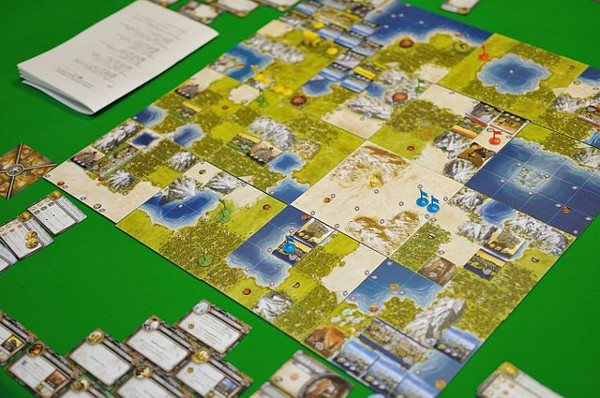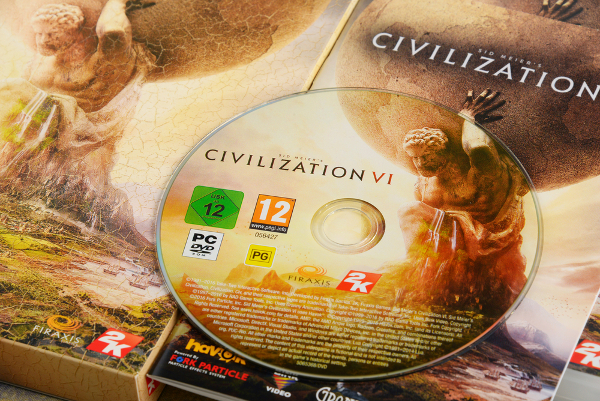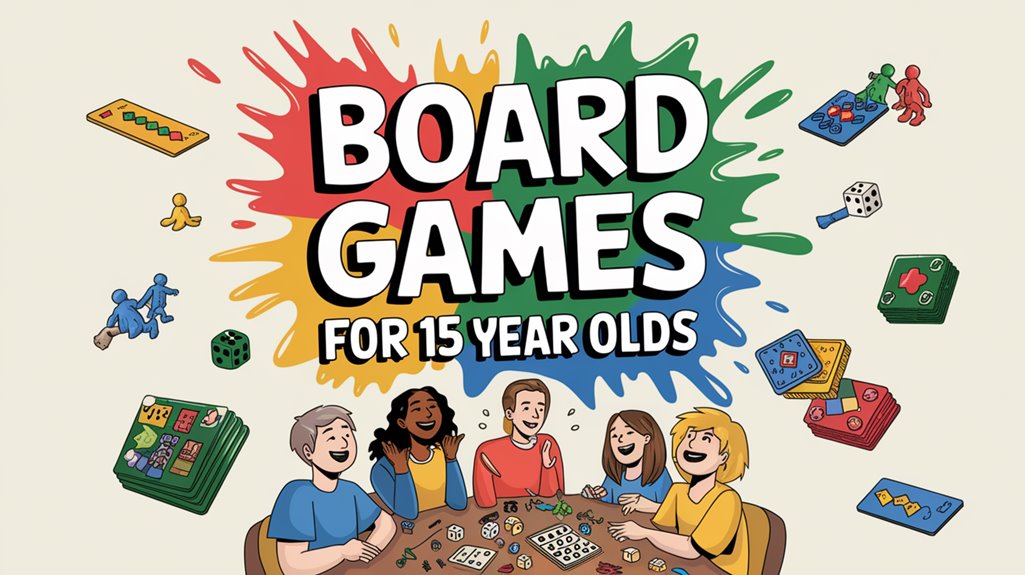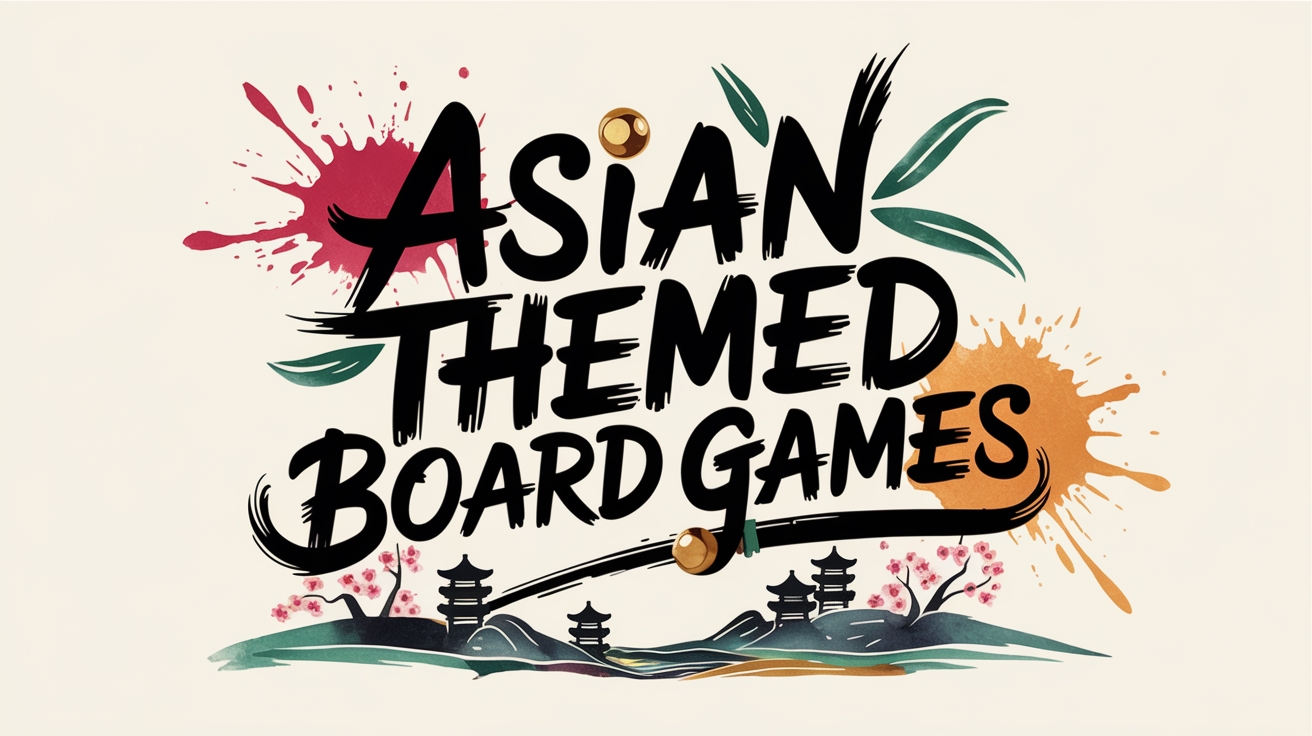The popular video game Civilization, developed by Sid Meier, is based on a classic board game created in 1980 by Francis Tresham. This board game is renowned for its complex mechanics and strategic gameplay, serving as the inspiration for the detailed and engaging video game adaptation. Both versions focus on resource management, technological progress, and empire expansion. How did this tabletop game transform into one of the most influential video games, and what key elements did developers preserve or enhance during the shift from board to digital format?

The Origins of Civilization
The board game Civilization is inspired by the growth of ancient human societies, reflecting the evolution from tribes to empires. Players navigate resource management, technological advancements, and social and political challenges in a simulated journey. The game’s foundation roots itself in the Neolithic Revolution, highlighting the transition to settled communities and societal structures. Emphasizing cultural and technological progress, Civilization mirrors historical leaders’ strategic decisions and the complexities of human development.
The Inspiration: A Classic Board Game
Drawing from classic board games, Civilization blends strategic complexity and historical context to captivate players. Notably, Sid Meier’s Civilization draws inspiration from the 1980 board game ‘Civilization’ by Francis Tresham. This earlier game is renowned for its intricate mechanics and emphasis on long-term planning. Consequently, the modern adaptation has inherited these elements, creating a richer and more engaging experience.
The digital adaptation expands on the original’s strategic depth, offering players a rich and immersive experience that resonates with those who value decision-making freedom and agency in gameplay.
Key Elements Shared
The video game adaptation of the original board game ‘Civilization’ successfully incorporates key elements, such as technological advancement, resource management, territorial expansion, and cultural development.
These features maintain the strategic depth and historical richness of the game, offering players a familiar yet expansive experience.
Evolution From Board to Screen
Adapting ‘Civilization’ from a board game to a video game required significant adjustments to suit the interactive digital platform. The developers had to rethink gameplay mechanics to maintain strategic depth while leveraging the real-time elements of video gaming.
Balancing core 4X mechanics with new features, such as customizable maps and intricate diplomacy systems, ensured an engaging digital experience. The transition also enhanced the narrative and graphics, offering players a more immersive and freedom-driven strategic gaming experience.

Impact on Modern Gaming
The transition of ‘Civilization’ from a board game to a video game has significantly impacted modern gaming. It raised the bar for complexity and depth in strategy-based genres. Its historical accuracy and intricate gameplay have inspired developers. They now push the boundaries of interactive entertainment, emphasizing strategic thinking and long-term planning in today’s games.
The game’s narrative scope has empowered players to influence entire civilizations, fostering creativity and autonomy. ‘Civilization’s’ turn-based style has highlighted the value of pacing and decision-making, influencing various game genres with its emphasis on strategic depth and player agency.


